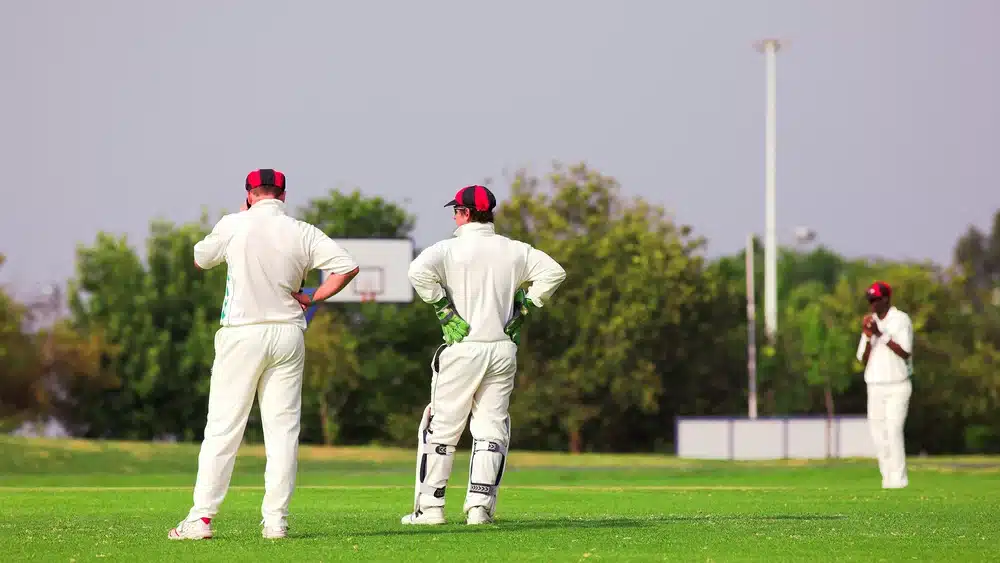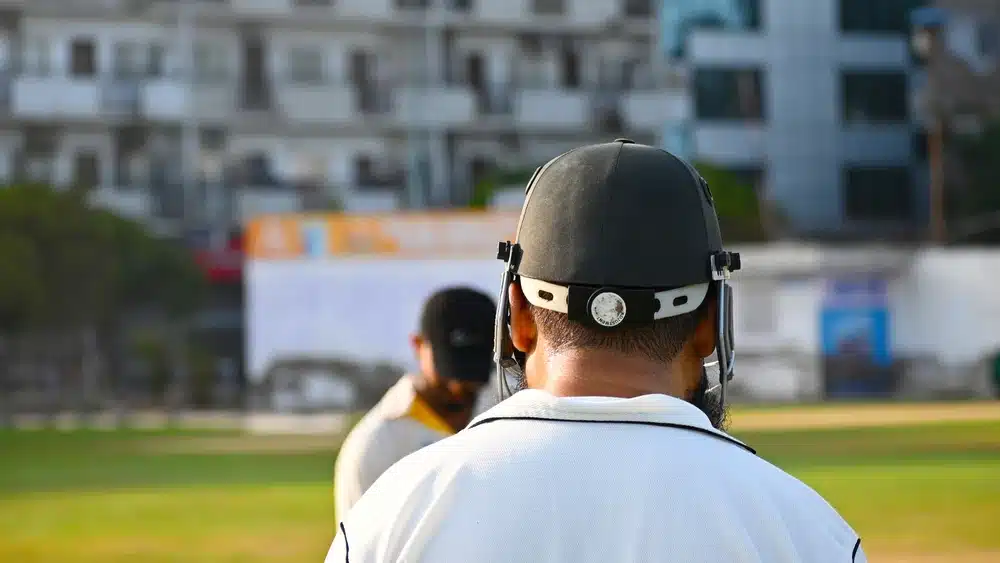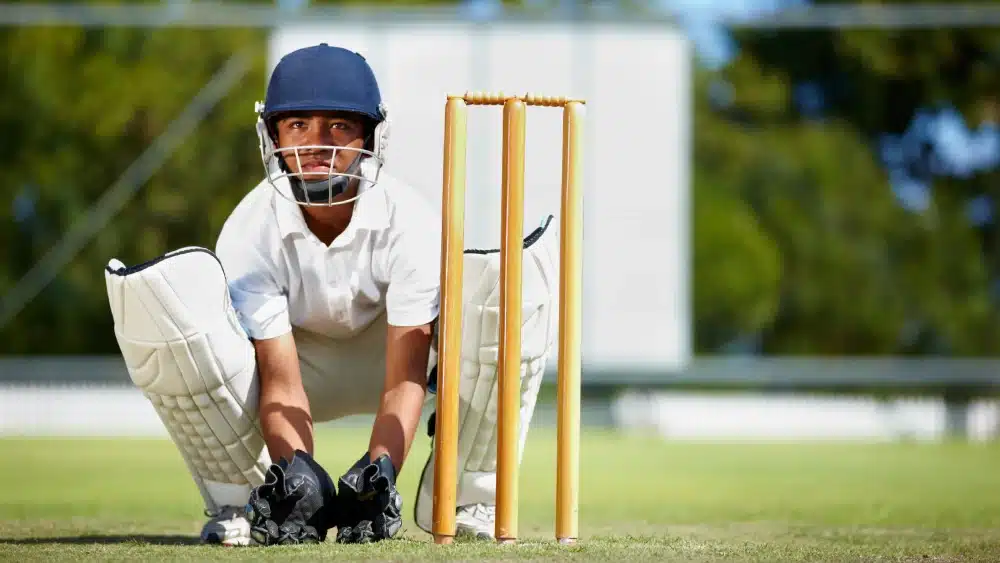
The prospect of representing India at the highest reaches of the beautiful game might sound overwhelming, but Ngangnom Bala Devi hopes to create a path for more players to venture outside their comfort zones.
The striker from Manipur made history after becoming the first Indian woman to sign a professional contract with a European club. She is also the first and only Asian international to play for Scottish giants, Rangers.
"I want to do well and open the gates for many more players to come here in the future," the 30-year-old Indian football player said in an exclusive interview with SportsAdda.
Bala Devi signed an 18-month contract with the Scottish giants in January 2020 after a successful trial at the club and the Indian football ace is ready for the challenge ahead.
But her journey to the top though wasn't as silky as she would have hoped. Despite getting a contract, the eligibility criteria to play in the United Kingdom wasn't fulfiled.
#NewProfilePic @RangersWFC pic.twitter.com/TUKApQcEMS
— Bala Devi (@BalaDevi_10) February 24, 2020
Visa problems
As per the norms in women's football in the UK, the player's country should be ranked in the top-40 of the FIFA rankings. But with the Indian football women's team ranked 57th, the Rangers had to make a special appeal in order to pursue the move.
The transfer eventually materialized in late January, and now with everything settled, the Manipuri lass feels extremely happy to be where she is now.
"When I heard that the Rangers were interested in having me on trial, I was very excited to go across without knowing the system of work permit requirements, etc," Bala Devi said. "However, once they offered me a contract, it was a long process to get a visa and after it went through, I was very happy.
"Playing at this level is something I have always dreamed off, so it was a simple decision [to move to Scotland]."
Coping with the intensity of the European game creates an added pressure on many professional footballers. But in her short time at the club so far, Bala Devi seems to have gotten a grasp on the basic ideology.
Assist on debut
"Here in Scotland, it's more physical," she observed. "The training intensity is higher and there is much more movement of the ball. The passing in also much quicker. It takes time to get used to it.
"But now, I am just about getting to 100 per cent match fitness. Once we are there, we just want to work hard to keep the fitness and recover between matches for the season."
Bala Devi's dedication has been duly paid off. She started the first two games of the season, assisting a goal on her debut, and made it to the bench in the third game. The striker also took no time in encouraging others to work towards stepping up to the bigger game.
"I am happy for all those who have got opportunities to play abroad and I would encourage anyone who has the opportunity to please take it up," she said.
"As a team, our goals for each individual are very much the same; to finish as high up in the league as possible. We have a full season of about 30 matches, so I am not thinking about what role I have played in each match.
"I want to do well this season and prove that Indian football players also belong to a higher stage," said Bala Devi, downplaying the importance of her personal contributions to the team.
Indian football and women
Although Indian football is progressing via the Indian Super League, the women's game is yet to see such development. However, with India playing host to the FIFA Under-17 Women's World Cup as well as other primary competitions, Bala Devi seems confident in the future of the sport in India.
"I would like to see the leagues also growing to support more competitive matches throughout the year. We also have the U-17 World Cup in India late-2020 and the Senior Asia Cup in 2022 so that helps.
"The biggest change I would like to see in the women's game is a full-time league or leagues in each state that are played year-round, and everyone is able to participate in competitive football for 7-8 months in a year," Bala Devi hoped.
Adding to this, she addressed the massive wage gap between the men and women Indian football players as well.
"In terms of pay, if corporates start backing women's football more, then it would really benefit the game. We already have a good backing for this in the United Kingdom, and the culture must grow in India as well," she pointed out.
While Bala Devi has endured all these shortcomings, it’s paramount to note that she left it all behind as she made her way to the top.
The Rangers is not only a stepping stone for her career, but it might also just be for all of women's football in India.



















